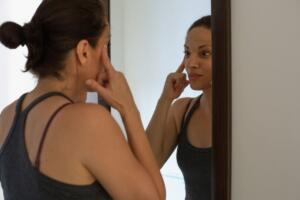Sleep is a fundamental pillar of health, but how we sleep changes significantly as we age. These shifts are influenced by biological, hormonal, and lifestyle factors, making it essential to understand what to expect and how to adapt. Sleep is controlled by various mechanisms, including circadian rhythms, which are the body’s internal clock that regulates sleep-wake cycles. With age, circadian rhythms tend to weaken, altering sleep quality and patterns.
The Role of Circadian Rhythms in Aging Sleep
Circadian rhythms dictate when we feel awake or sleepy, largely influenced by light exposure. In younger adults, circadian rhythms align with the typical societal schedule, promoting alertness during the day and sleepiness at night. However, with age, the suprachiasmatic nucleus (SCN)—the brain’s “master clock”—becomes less responsive to environmental cues like light. This can result in advanced sleep phase syndrome (ASPS), where individuals feel sleepy earlier in the evening and wake earlier in the morning.
Older adults may also experience reduced melatonin levels, the hormone responsible for regulating sleep. These changes can lead to fragmented sleep, difficulty staying asleep, or waking too early, contributing to a general feeling of fatigue during the day.
Menopause and Sleep
For women, menopause is a significant factor that influences sleep patterns. Hormonal fluctuations, particularly in estrogen and progesterone, can lead to sleep disturbances. Estrogen impacts the production of serotonin and other neurotransmitters that regulate sleep, while progesterone has a sedative effect on the body. As levels of these hormones drop during menopause, many women report experiencing insomnia, difficulty staying asleep, or lighter sleep.
Additionally, menopausal symptoms like hot flashes and night sweats further disrupt rest, making it difficult for women to achieve restorative sleep. These symptoms can trigger awakenings, leaving women feeling unrested and fatigued the next day.
Sleep and Aging-Related Health Issues
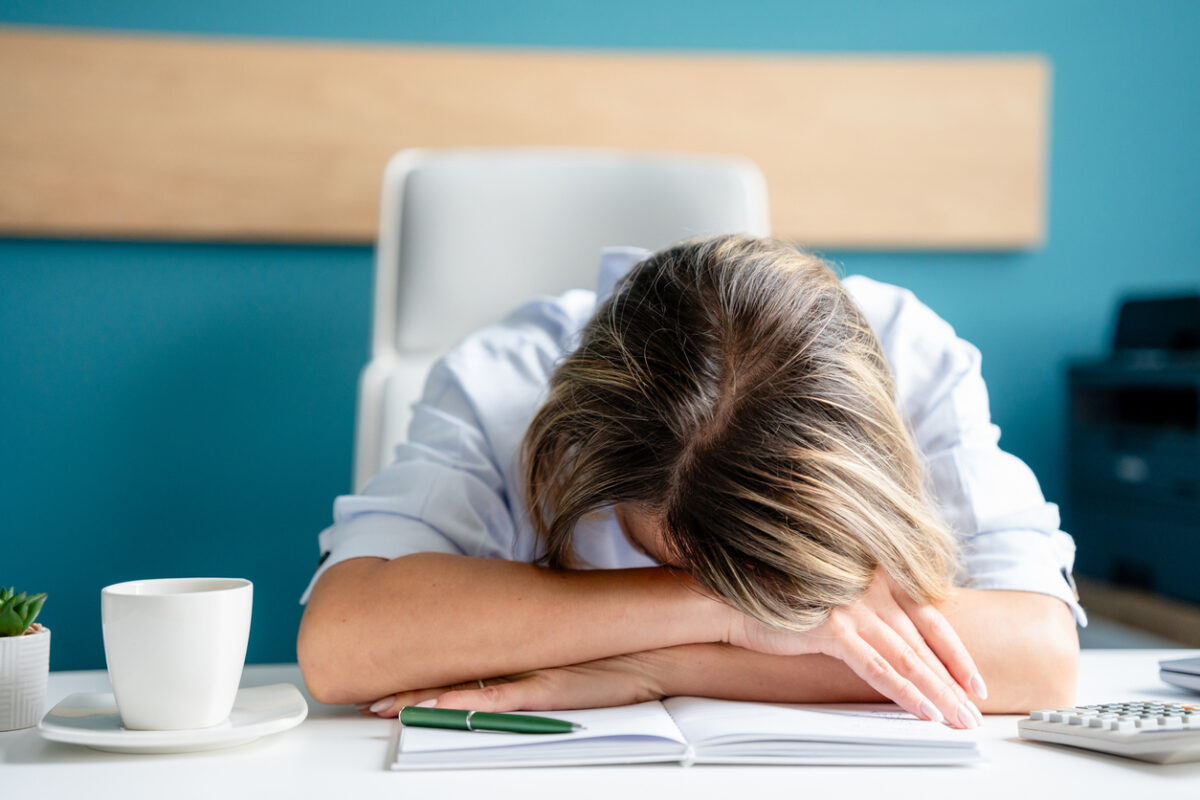
Sleep changes in older adults can increase the risk of health issues, as insufficient sleep impacts cognitive, physical, and emotional well-being. Common consequences of poor sleep include:
- Cognitive Decline: Lack of sleep affects memory, concentration, and decision-making. Chronic sleep deprivation has been linked to an increased risk of dementia and Alzheimer’s disease.
- Weakened Immunity: Poor sleep compromises the immune system, making older adults more susceptible to infections and illnesses.
- Chronic Conditions: Sleep deprivation contributes to the development or worsening of conditions such as hypertension, diabetes, and heart disease.
- Mood Disorders: Insufficient sleep increases the risk of depression and anxiety, which are already more prevalent among older adults.
- Falls and Accidents: Fragmented or poor-quality sleep can lead to reduced physical coordination and balance, increasing the risk of falls.
Adapting to Sleep Changes with Age
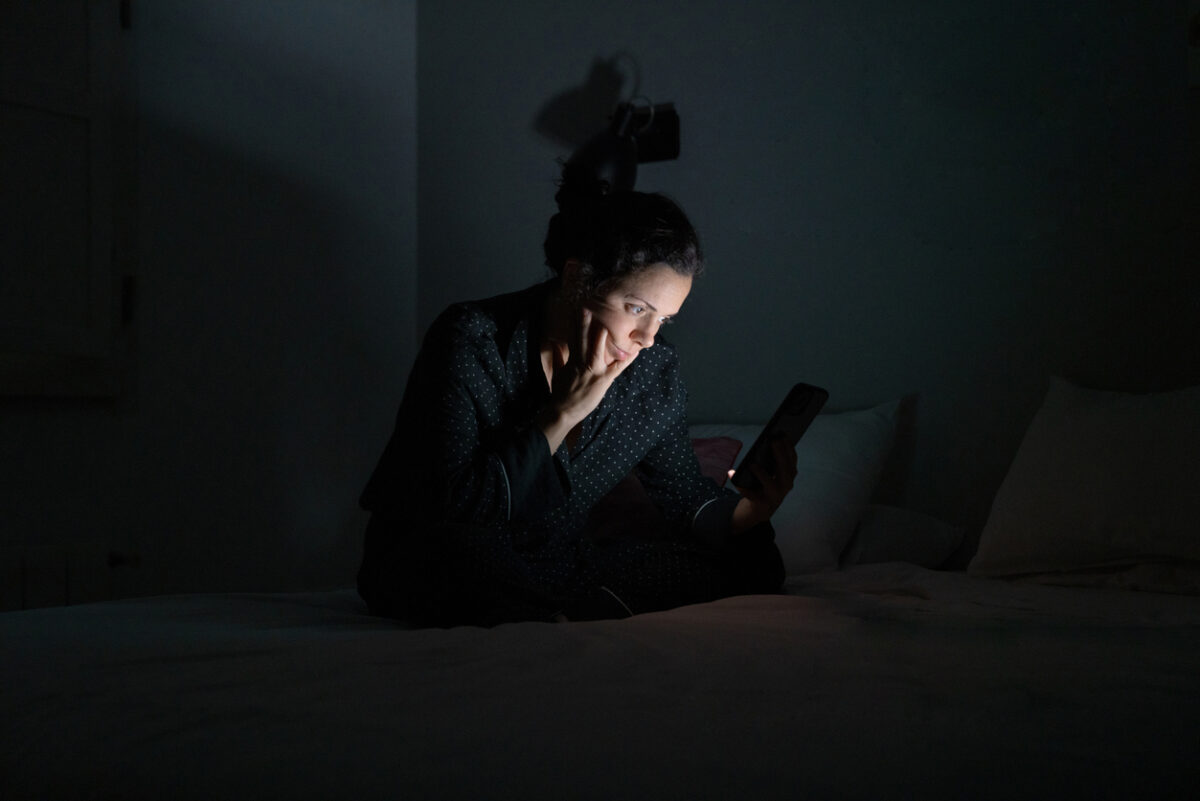
Adapting to changes in sleep patterns as we age involves incorporating strategies that improve sleep quality and minimize disruptions. One essential step is optimizing the sleep environment by ensuring the bedroom is quiet, dark, and cool, which promotes restful sleep.
Establishing a consistent routine by going to bed and waking up at the same time every day helps regulate circadian rhythms and supports better sleep patterns. Limiting stimulants, such as caffeine and heavy meals before bedtime, reduces the likelihood of disruptions during the night. Staying physically active can also enhance sleep duration and quality by promoting overall health and relaxation.
Additionally, spending time in natural sunlight during the day helps strengthen circadian rhythms, encouraging a more regular sleep-wake cycle. By incorporating these practices, individuals can adapt to age-related changes in sleep and improve their overall restfulness.
Supplements for Better Sleep
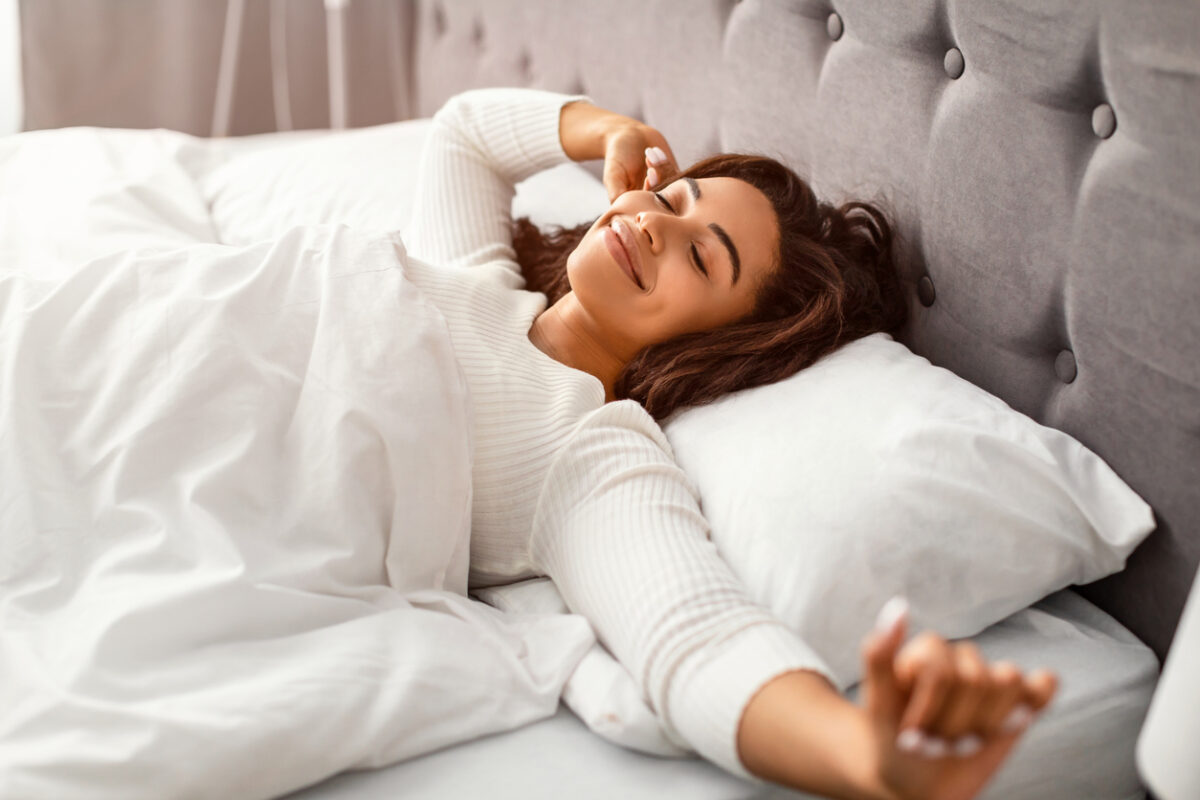
For those struggling with age-related sleep issues, certain supplements can provide relief. Melatonin, often used to regulate sleep-wake cycles, can help counteract reduced melatonin production in older adults. Magnesium is another supplement that supports relaxation and helps calm the nervous system, promoting deeper sleep. Valerian root and chamomile are natural remedies known for their sedative effects, while L-theanine, an amino acid, supports relaxation and reduces stress without causing drowsiness the next day.
Before starting any supplement, it’s essential to consult a healthcare provider to ensure it’s safe and appropriate, particularly for those with underlying health conditions or those taking medications.
Here are our top choices for better sleep:
AgelessRx Tran-Q Sleep, $43+
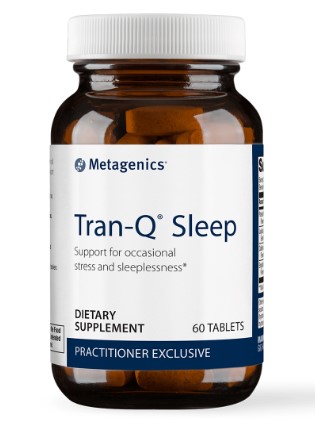
Science-backed sleep solutions offer more than rest–they’re expertly curated to enhance sleep architecture for lasting health. With ongoing provider support at no extra cost, take the first step toward the life you deserve, beginning with a good night’s sleep.
Tran-Q Sleep: the longevity expert-curated, all-natural supplement crafted to boost sleep quality, enhance deep sleep, and support overall wellness without habit-forming side effects (OTC).
Designs for Health Insomnitol™, $50.82
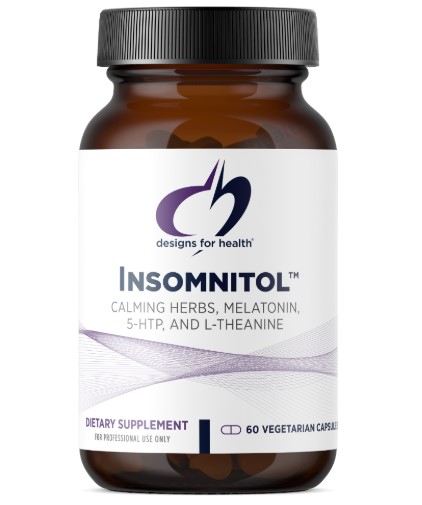
Insomnitol™ is a blend of botanicals, nutrients, and neurotransmitter precursors formulated to help support quality, restful sleep.* By providing nutritional support for calm brain activity, Insomnitol™ helps promote the body’s natural ability to fall asleep and stay asleep.*
AgelessRx Trazodone, $33+
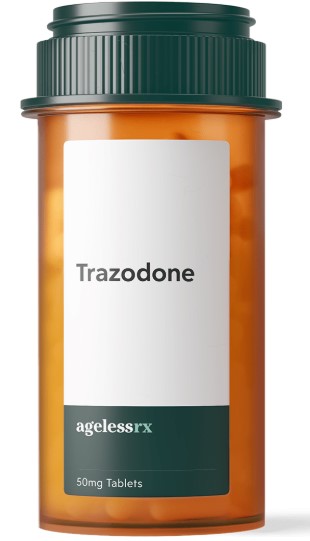
Trazodone: our longevity expert-curated sleep offering. By supporting sleep on a biological level, boost sleep quality and duration, and wake up refreshed–all without dependency (Rx).
NatPat SleepyPatch, $14.99
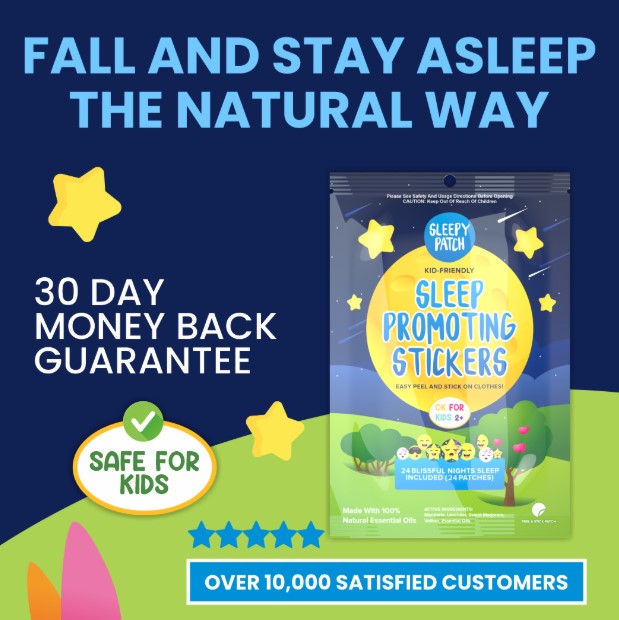
The SleepyPatch is claimed to be effective. The product has been tested and formulated to start working within just 30 minutes for most individuals. It uses a unique nanomaterial to release essential oils over an 8-10 hour timespan, and research from various publications and institutions reports favorable benefits from essential oils in improving sleep quality.
Rest Award-Winning Evercool Comforter, $149
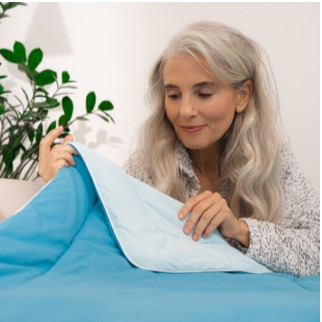
Rest® is an award-winning bedding brand and cooling fabric technology leader. Rest ® Award-Winning Evercool® products include the beloved Evercool® Cooling Comforter, Evercool®+ Cooling Sheets, and Cooling Pillowcases. At Rest®, we pride ourselves on providing innovative products, exceptional customer service, and a brand that people trust. We work tirelessly to ensure everyone wakes up feeling recharged to be their best selves. By redefining the benchmarks of comfort through constant innovation in form, function, and technology, Rest® products are crafted to deliver a refreshing, transformative sleep experience.
The Importance of Sleep as We Age
Sleep remains vital at every stage of life, but the quality and quantity of sleep often diminish as we grow older. Understanding how aging impacts sleep and implementing strategies to adapt can significantly improve health and quality of life. By prioritizing healthy sleep habits and addressing underlying issues like hormonal changes or environmental factors, older adults can enjoy restorative sleep and maintain their overall well-being.
*These statements have not been evaluated by the Food and Drug Administration. This product is not intended to diagnose, treat, cure, or prevent any disease.
Read Next:






